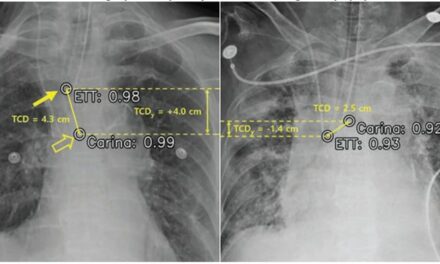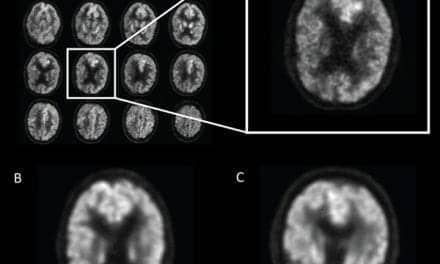RSIP Vision, Jerusalem, Israel, announced a general purpose, AI-based segmentation and measurement tool for detecting objects of interest and their boundaries quickly and automatically, making surgical and diagnostic measurements easier and more accurate for better treatment decisions.
The tool requires minimal work by the user to deliver an accurate 3D visualization and analysis of patient anatomy and is applicable across medical imaging verticals and modalities. The solution runs automatically and is robust and clinically accurate, avoiding human factors such as fatigue and misreads which may result in mistakes in measurement. It is available to medical device manufacturers for use in leading facilities worldwide.
“Distinguishing and measuring organs, lesions, and other areas of interest in biopsy and pre-surgical planning can be tedious work, which is generally assigned to a specific employee or technician, or even a physician,” says Ron Soferman, founder and CEO at RSIP Vision. “Our new segmentation tool makes it easier to pinpoint specific points and boundaries in images, which in turn leads to greater accuracy during surgeries without being dependent on the capability and experience of a specific individual.”
RSIP Vision offers this AI-based software to detect and localize the area of interest and use those complex features in a scan through a series of algorithms. The segmentation creates boundaries around the image for better viewing and performs automatic measurements. Physicians and researchers can receive consistent, repeatable measurements regarding the dimensions and characteristics of a specific area, using artificial intelligence technology that is available across all modalities including X-ray, CT scans, MR, surgical robotics, and pathology.
For example, the tool can be used for one-click segmentation of lesions in multiple organs such as the lungs and the liver, across patient populations and cohorts. The new AI module can be easily integrated in medical device software for multiple applications, without the need to collect and train machine learning models on extensive domain-specific training data, accelerating time to market for medical device companies looking to stay ahead of the AI adoption curve.
RSIP Vision is headquartered in Jerusalem, and has a U.S. office in San Jose, Calif.
For more information, visit RSIP Vision.
Featured image: RSIP Vision AI-powered image segmentation tool (Courtesy RSIP Vision)






